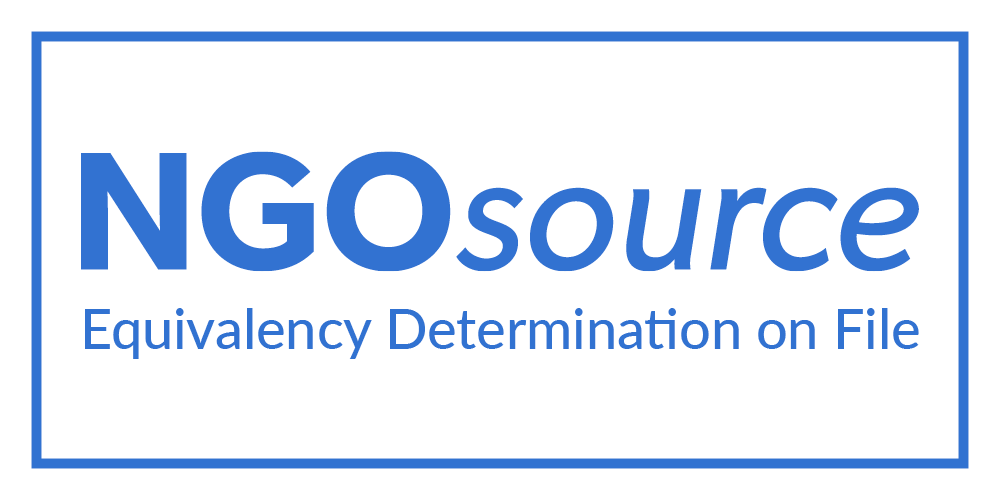#Abidjan2021
Speech by Cheikh Fall Président, AfricTivistes
Our dear Ivorian hosts,
Dear guests,
Dear AfricTivistes,
I would be hard pressed to address you this morning without thinking about all the lives lost to Covid-19. If 2020 tells us about the world’s inability to cope with a viral pandemic, then at AfricTivistes it taught us about the uncertainty of programmatic agendas. Nothing that was planned was executed as planned, including this Summit that was to be held in Nairobi.
As a genuine driving force of ideas/proposals, AfricTivistes has been able to implement many of its projects using digital technology as a tool and a field of action. Especially since digital technology has been the ideal solution for many organisations as a governance and management tool.
Without the internet, the world would not have been organised to provide articulate and appropriate responses. Without the internet and smartphones, Africa would have experienced 2020 in a different way.
It is through mobilisation and volunteerism that hundreds of young Africans have contributed to the response to the health crisis. This surge of social initiatives and youth-led citizen projects in response to the pandemic is proof that the digital and internet have served as a catalyst to propel the continent.
This continent that we love and cherish so much. We have inherited it from our parents and grandparents but we have also borrowed it from our sons and grandsons. We have a responsibility to maintain it and make it better when passing it on to our grandchildren.
Our beloved continent has gone through many stages and missed opportunities presented by many others. That is why it is time to sound the alarm so that this new opportunity, the digital revolution, will not pass us by.
This continent has, several times, missed the chance to build true African unity. It has had strong leaders with a unifying vision, but our difficulty has always been our ability to agree on the fundamentals. Our countries gained independence in a disjointed way, and this has destroyed the plans for unity.
It is clear that today, Africa’s greatest weakness lies in its disunity and in our inability to tackle the current challenges together and to suggest effective, appropriate solutions that preserve the continent’s interests.
We have inherited a rich but politically WEAK continent. Weak in terms of economic vision, disunited in terms of ideals and divided in our ambitions.
Our past woes are our present burdens. Our failings of yesterday are our liabilities today. Our failings of yesterday have made us endure the 3 previous industrial revolutions that have shaped the world. We have been watching others do it and we have been depending on their technology. Today, we are in danger of enduring this digital revolution if we make the same mistakes.
More than 130 years after the systematic partitioning of Africa by the colonial powers, the continent has a whole new map in the colours of the digital superpowers.
We depend on donations of computer equipment for our administrations. We suffer from the broadband supply to our cities. We are still chasing the fibre optic connection. We are waiting for the actual provision of 3, 4 or 5G networks.
We entrust the construction and equipment of our data centres to foreign powers including our sensitive national documents. Our continent is being divided up again before our helpless eyes. We are creating a new dependency.
What does Africa offer on the table of discussions on internet governance? What are our political authorities proposing as a response in a world where the main issues revolve around the digital economy, around cyberspace rights and legislation or participatory democracy? Our collective capacity to tackle digital challenges is weak and lacks a common will.
In such a configuration, the continent would lose all its independence and digital sovereignty and would be recolonised in the near future. Hence the need for a reorganisation of the African digital territory based on local resources, infrastructures and practices.
The development of the Internet has taken place thanks to the principles of generosity, sharing, self-giving, volunteering and a culture of love for others and their development. Without generosity, we will remain mere consumers and never force proposals on the international scene. But the million dollar question is what are we going to do about it? Will our generation and will Africa continue the dependency or turnaround and be a catalyst in the digital world?
We must no longer be mere spectators and permanent consumers. We must throw all our weight behind this digital opportunity, and we will not do this alone as civil society actors.
This is a matter of inclusive and participatory democracy. It requires collaboration, of course, but above all co-construction between public authorities, regulatory bodies, the private sector and civil society.
Who will lead the fight for all these challenges? None of our countries can face them alone. Once again, we have a historic opportunity. We must choose to face this digital transformation or to be subjected to it.
I urge you, dear participants, dear AfricTivistes, to unite further so that together we can make strong recommendations through the Abidjan Declaration and encourage our States to beware of the risks linked to the loss of digital sovereignty and the looming cyber threats.
It is also an opportunity for us AfricTivistes to help guide public policies on ethical rules and structural support for this digital transformation but also building capacity.
I cannot end without renewing sincere appreciation to you, on my behalf and that of the organising committee, for accepting to take part in this third Summit.
Akwaba and enjoy your stay.
Cheikh Fall
President, AfricTivises
https://abidjan2021.africtivistes.org/blog/discours-du-president-sur-abidjan2021
© 2026 Africtivistes, All Rights Reserved.

